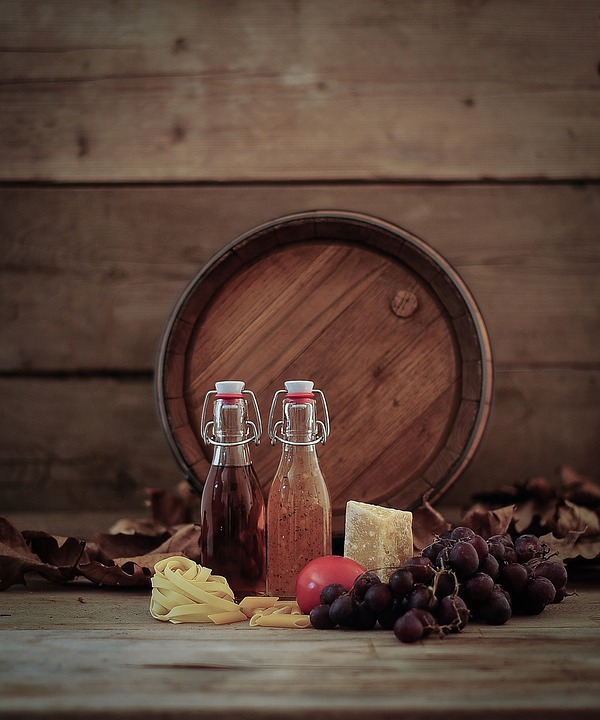The Role of Vinegar in Food Preservation and Pickling
Introduction
Vinegar has been used for centuries as a method of food preservation and pickling. Its acidic properties make it an effective tool for extending the shelf life of various foods by inhibiting the growth of bacteria, mold, and other microorganisms. In this report, we will explore the role of vinegar in food preservation and pickling, its benefits, and its impact on the food industry.
Benefits of Vinegar in Food Preservation
Vinegar, typically made from fermented fruits or grains, contains acetic acid, which is a potent antimicrobial agent. When used in food preservation, vinegar creates an acidic environment that inhibits the growth of harmful bacteria and helps prevent spoilage. This extends the shelf life of foods, reducing food waste and ensuring food safety.
In addition to its antimicrobial properties, vinegar also enhances the flavor and texture of preserved foods. The acidity of vinegar can help tenderize meats, while adding a tangy and tart flavor to fruits and vegetables. This makes vinegar a versatile ingredient in pickling recipes, adding depth and complexity to the final product.
Industry Insights
The food preservation industry has seen a rise in demand for natural and sustainable methods of preserving foods, driving the popularity of vinegar as a preservative. With consumers becoming more conscious of the ingredients in their food and the impact on the environment, vinegar offers a natural and eco-friendly alternative to synthetic preservatives.
Companies in the food industry are responding to this trend by incorporating vinegar into their products and developing new pickling recipes to meet consumer demand. For example, artisanal pickle makers are using high-quality vinegar in small-batch pickling processes to create unique and flavorful products that appeal to a niche market.
Financial Data
According to market research firm Grand View Research, the global vinegar market was valued at $1.29 billion in 2020 and is projected to reach $1.63 billion by 2027, growing at a CAGR of 3.1% during the forecast period. The increasing popularity of natural and organic foods, as well as the rise of home cooking and DIY food preservation trends, are driving the growth of the vinegar market.
Major players in the vinegar industry include Mizkan Holdings, Acetum, Fleischmann’s Vinegar Company, and Aspall. These companies produce a wide range of vinegar products for both industrial and consumer use, catering to the growing demand for natural preservatives and flavor enhancers in the food industry.
Conclusion
In conclusion, vinegar plays a crucial role in food preservation and pickling, offering a natural and effective method of extending the shelf life of foods while enhancing their flavor. As consumer preferences shift towards natural and sustainable food preservation methods, the demand for vinegar is expected to continue growing in the coming years. Companies in the food industry are adapting to this trend by incorporating vinegar into their products and developing innovative pickling recipes to meet consumer demand.




